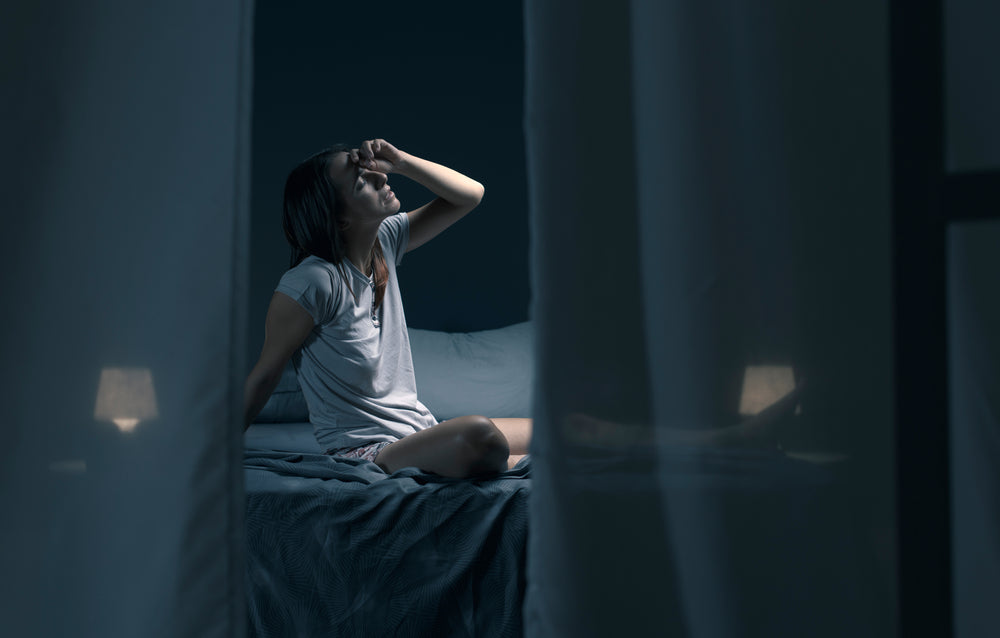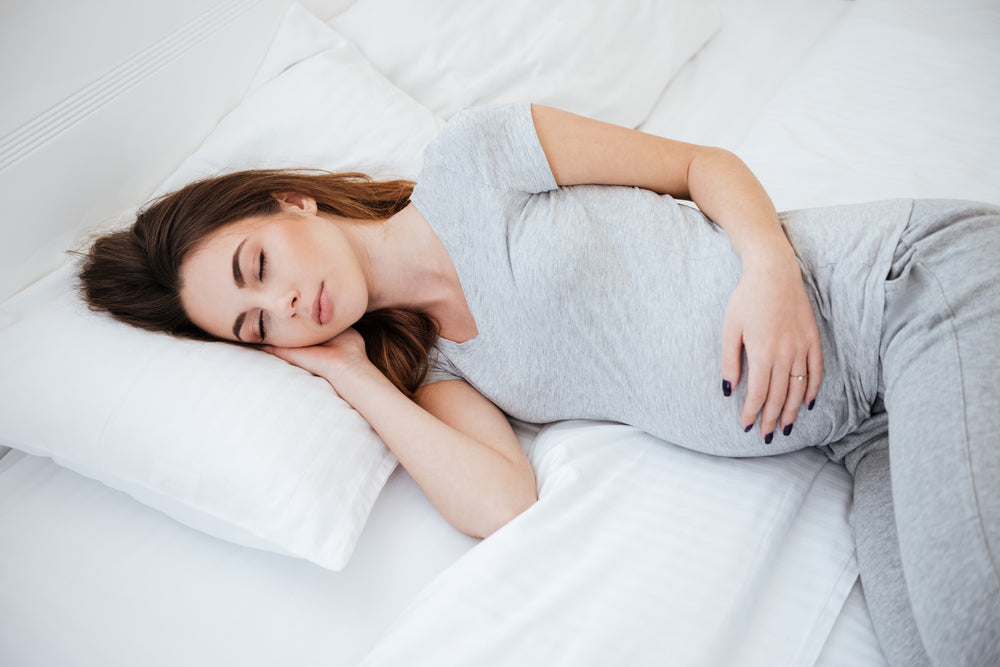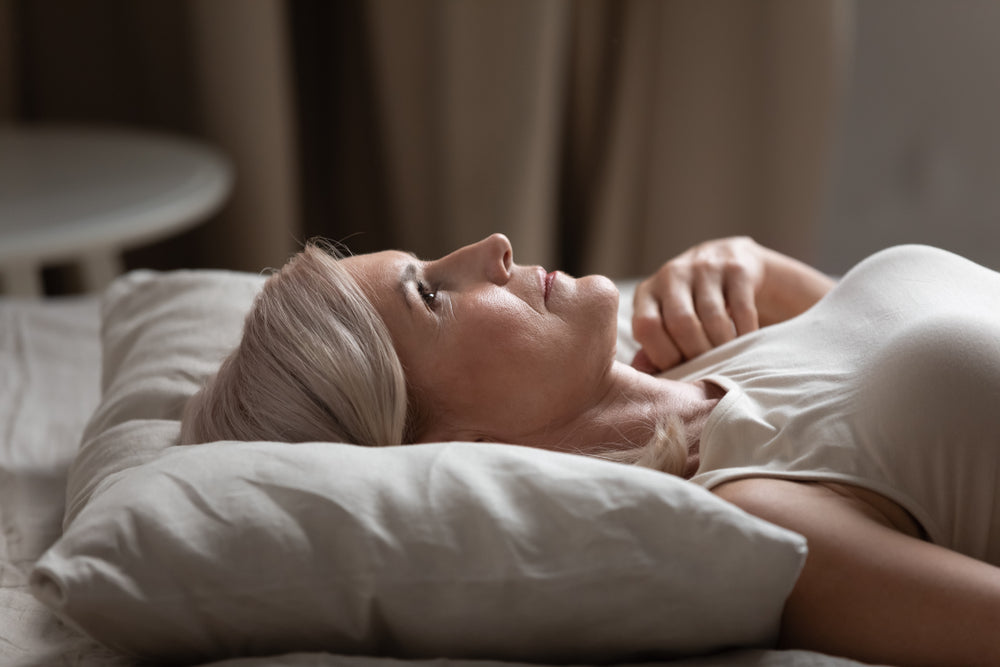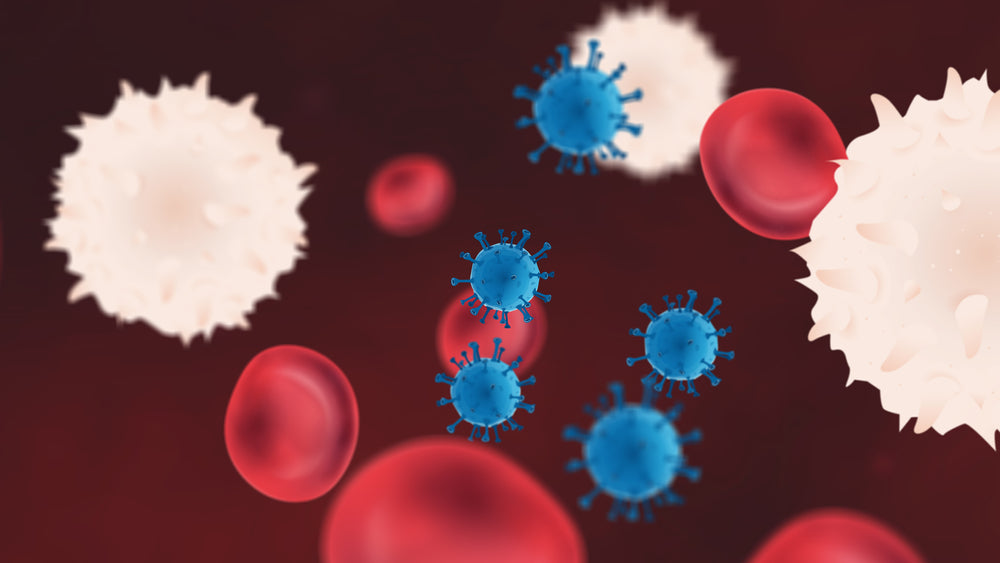Night Sweats Linked To Undiagnosed Sleep Apnea
Sweating in your sleep is a fairly common phenomenon. Some people sleep with too many clothes on, too many blankets, or sometimes it can even be due to the temperature in the room you’re sleeping in. If you’ve woken up once in a while with some sweat, it’s probably nothing to be concerned about. However, if you regularly wake up with sweat-covered pajamas or blankets, it could be due in some part to an underlying condition. While there are many medical reasons you could be experiencing night sweats, most of them aren’t too serious. However, some could be...
4 Facts You Need To Know About Being Pregnant With Sleep Apnea
For most women, being pregnant is an incredibly exciting time in their lives. You’re envisioning your future child and loving the opportunity to bring this tiny life into the world. But, even if you’re newly pregnant, you already know that pregnancy can lead to other medical concerns if not monitored and checked up on properly. What you may not know is that being pregnant could possibly have an impact on your sleep--and not only because you can’t seem to find a comfortable spot with your baby bump. We’ve compiled a list of facts you should know about the potential...
Thyroid Problems Could Also Mean Sleep Apnea Problems
APAP CPAP Hyperthyroidism Hypothyroidism OSA
Hormones control and regulate almost every system in our entire body. Because it’s supposed to run like a well-oiled machine, when one thing goes wrong, it can have a domino effect on other parts of your health. Because of hormones’ importance, the thyroid can be extremely important in regulating several systems. Having an under or overactive thyroid can cause weight gain, weight loss, dizziness, fatigue, and several other more insidious symptoms. But, did you also know that your improperly functioning thyroid can also cause sleep problems? One of the best ways to see if your thyroid is going haywire is...
How Much Sleep Should We Be Getting?
Sleep is one of the most important things that we do everyday. We crave sleep, share memes, about sleep, and complain when we don’t get enough of it. But how much sleep should we actually be getting per night? Most people will tell you it’s a straight 8 hours, but the truth is that how much sleep you need depends on a lot of factors. We wanted to revisit this often-asked question and put some rumors to rest (see what we did there?). How Much Sleep is Necessary? The NSF (National Sleep Foundation) brought together a panel of 18 experts...
How Sleep Affects Your Immune System
APAP CPAP Health Immune System Obstructicve Sleep Apne OSA Sleep Sleep Quality
When you have a sleep disorder like sleep apnea, it does a lot more than cause fatigue due to a lack of quality of sleep. Because, when you lack the right amount of sleep, your immune system is also impacted in a number of ways, such as slowing down your immune system. Poor Sleep Inhibits T Cells Your T cells are part of your immune system. These cells specifically fight off viral pathogens, from the regular flu to cancer. But, without enough sleep, your body's T cells become inhibited by higher levels of stress hormones—specifically, noradrenaline and adrenaline—which makes your...





